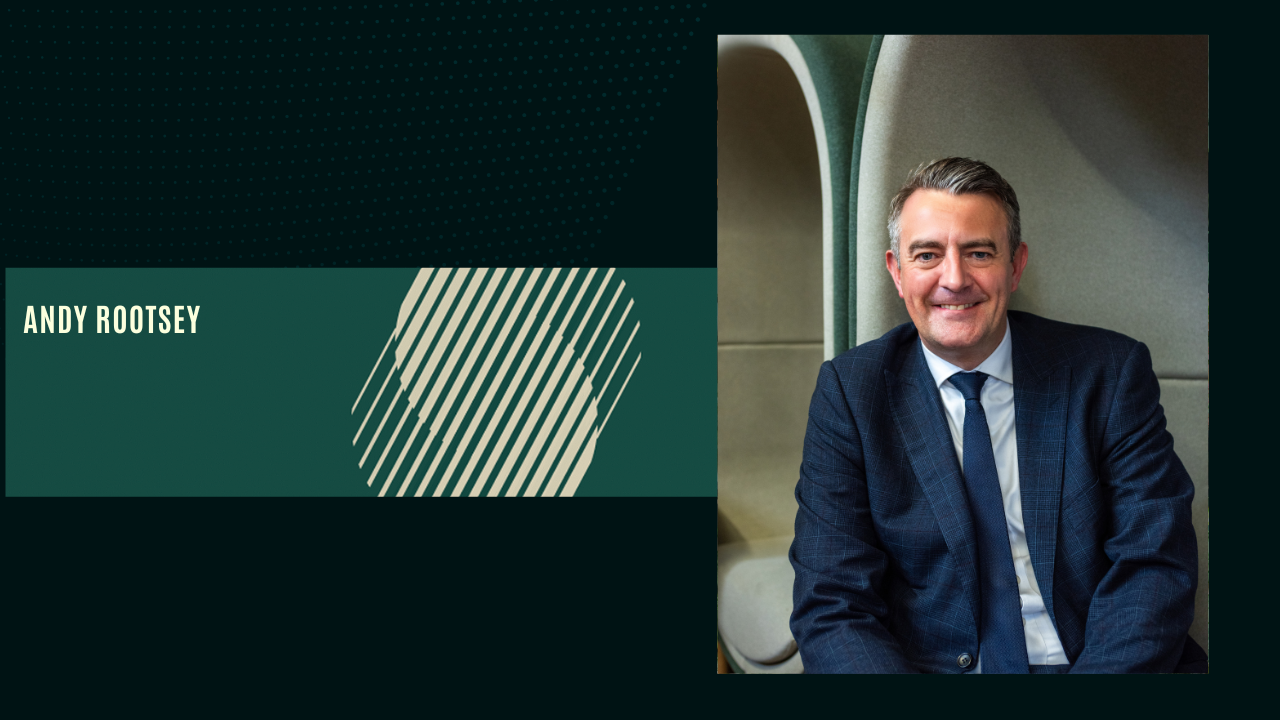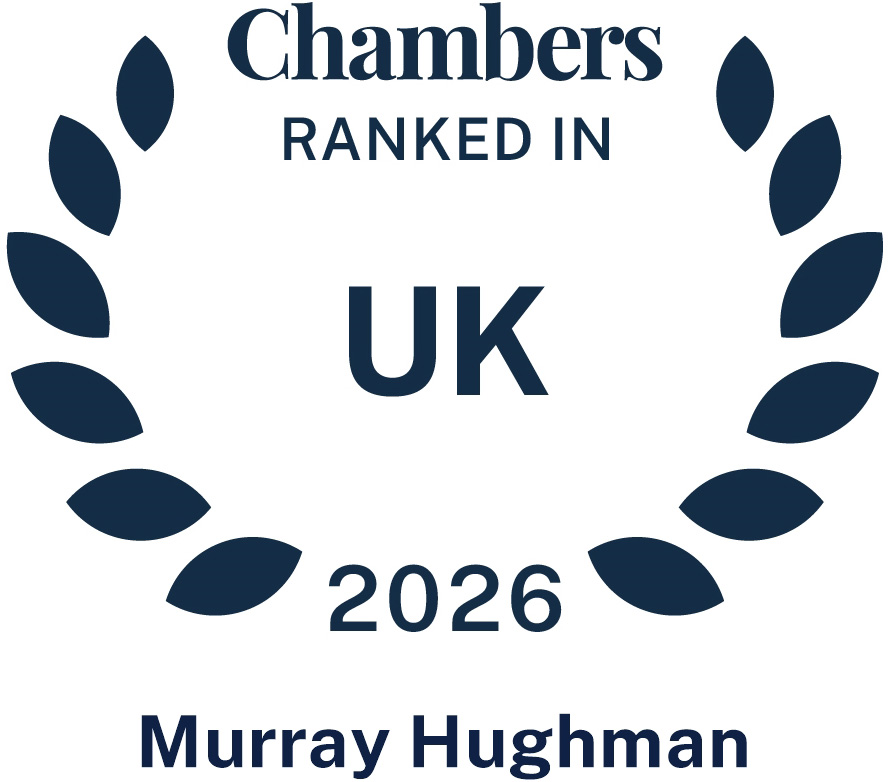
Andy Rootsey’s client was yesterday unanimously acquitted by a Jury sitting at Inner London Crown Court, on an Indictment including counts of rape and false imprisonment.
The case illustrates perfectly the fundamental importance of the Jury system and how the right to be tried by a panel of a defendant’s peers, remains crucial to a fair and transparent justice system. The ability of twelve ordinary members of the public to carefully assess all the evidence in an impartial, objective, and unprejudiced manner should never be underestimated and should be defended and fought for at all costs.
The Prosecution case, on the face of it, gave a truly harrowing and distressing depiction of events, that on any person’s view would illicit a strong negative emotional response and rush to judgement. As Aesop is famously quoted as saying however “Every truth has two sides; it is as well to look at both, before we commit ourselves to either”. It is fair to say that, the Jury in this case clearly applied that maxim.
The defence presented to the Jury, an entirely different version of events, that all was certainly not, as it may have initially appeared. Following meticulous preparation, cross examination of the witnesses and the presentation of defence evidence, an altogether different picture was revealed that would lead to our client’s acquittal.
The Prosecution case was that in July 2021, the defendant and complainant met having previously been unknown to each other. The Prosecution case consisted of identification, forensic, medical, photographic, Police bodyworn video and recent complaint evidence, all of which, the Prosecution would suggest, made a compelling and overwhelming case.
In stark contrast our client’s defence was one of consent and although he had only met the complainant briefly, prior to the alleged offences, all sexual activity was completely consensual and the allegations were vehemently denied.
In preparing the defence, it became apparent there were clear inconsistencies in the Crowns case to show that all, was not as first appeared, including:
- Inconsistencies between statements, telephonic evidence, forensics and CCTV.
- Collusion between prosecution witnesses.
- Inconsistencies between forensic, toxicology and medical evidence.
- Refusal of the prosecution witnesses to disclose the contents of their mobile phones and details of alleged witnesses of fact.
- Anomalies in the timeline presented by Crown.
It came to light during the first trial that the complainant had been colluding with another witness whilst giving her evidence. As a result, the first Trial was aborted, and the jury were discharged.
At the retrial the defence were able to present and explore large inconsistencies between the accounts of the prosecution witnesses in a variety of ways, including differences between the original accounts given to police, differences in accounts at the original trial and re-trial and differences between each other at various times in proceedings. Anomalies and inconsistencies in the timeline of events said to have occurred before, during and after the allegations were meticulously examined and explored.
Prior to the Jury retiring they were directed by the Judge to return a Not Guilty verdict to a serious count after submissions were made by the defence that there was a lack of evidence of this to go before the jury.
The Jury, at the conclusion of their deliberations, lasting just 50 minutes, returned unanimous Not Guilty verdicts in respect of all remaining counts on the Indictment. The verdicts brought a 3-year ordeal to a close for our client and he was able to leave Court as a man of good character.
Special thanks to instructed Trial counsel, Rebecca Upton of Mountford Chambers for providing a masterclass in trial management, cross examination and advocacy in what was an incredibly difficult, grave and serious case.





